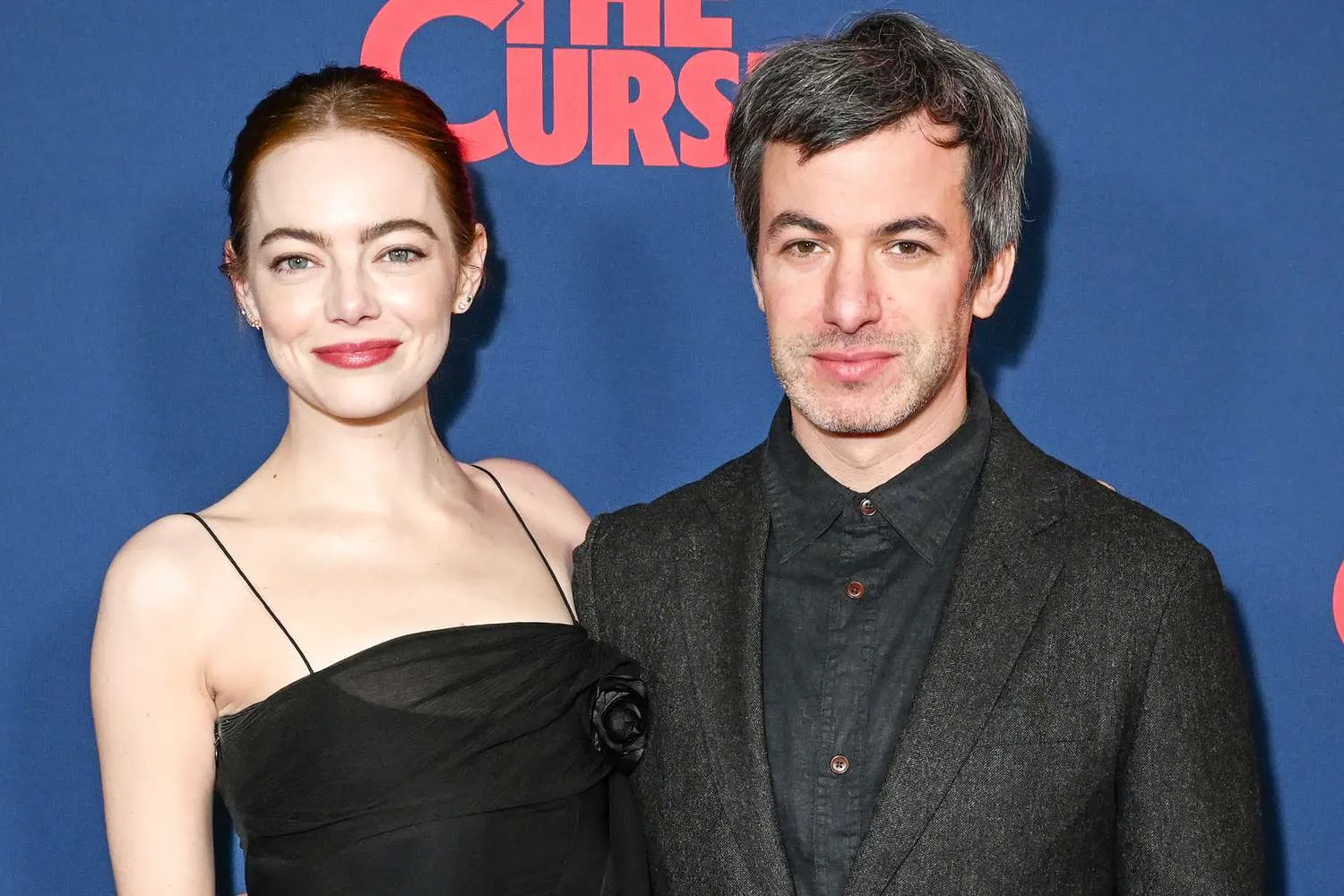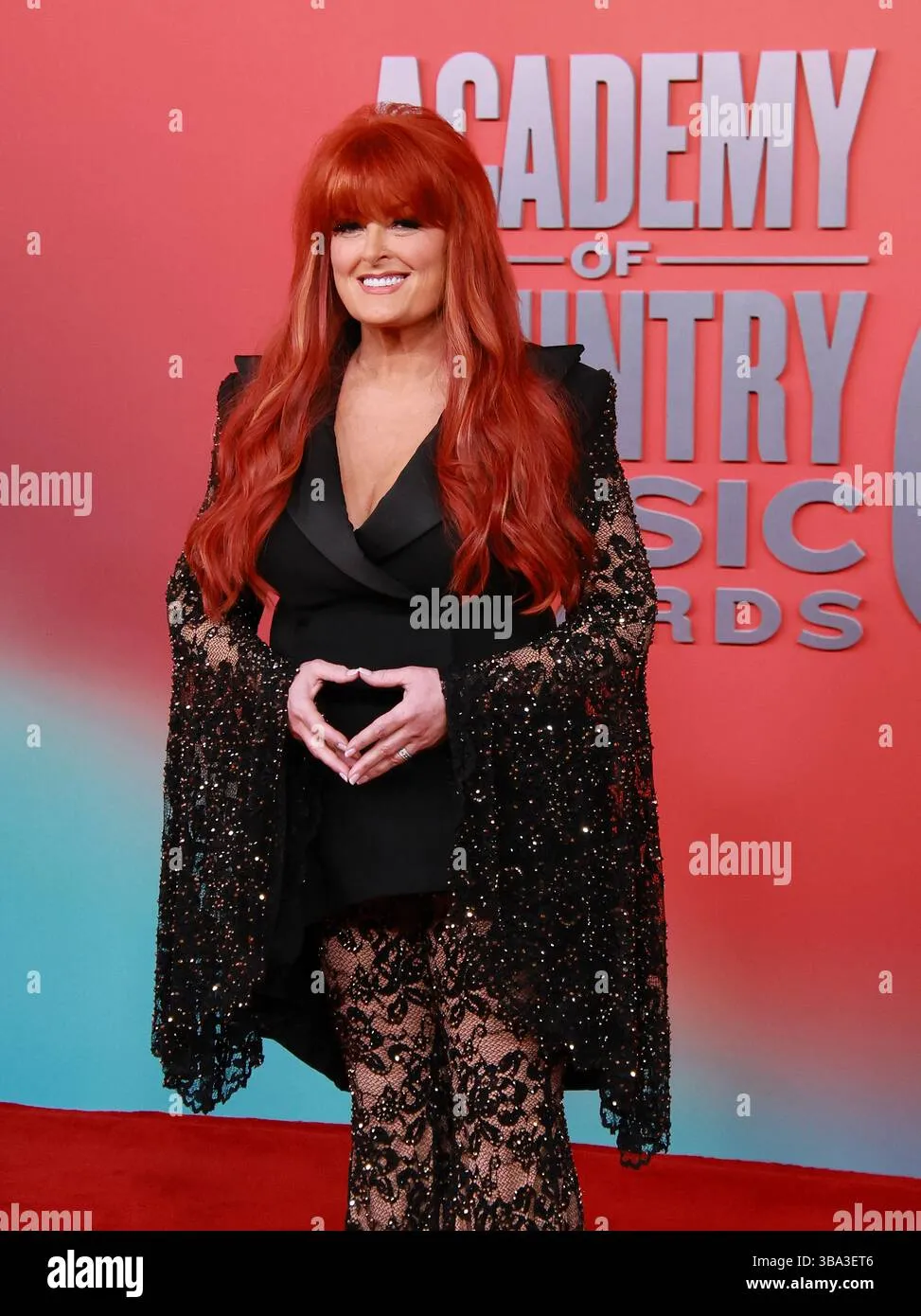Lynda Carter Reveals the Truth Behind Her Iconic Role: ‘I Was Never Just Wonder Woman’
In a groundbreaking interview that has captivated fans and media alike, Lynda Carter has opened up about her transformative journey as the legendary Wonder Woman, revealing a narrative far deeper than the iconic superhero costume she once wore. The actress, who became a cultural icon in the 1970s, is challenging the perception that she was simply a television superhero.
“I was never just Wonder Woman,” Carter emphatically stated in her recent revelations. Her words carry the weight of a woman who has spent decades transcending the boundaries of a single character, embodying a complex legacy of female empowerment and cultural significance.
A Cultural Phenomenon Beyond the Costume
Carter’s portrayal of Wonder Woman was more than just a television role. The series, which aired from 1975 to 1979, became a pivotal moment in television history, challenging traditional gender narratives and presenting a powerful female protagonist at a time when such representations were rare.
The show’s feminist themes were revolutionary for its era. Carter’s Wonder Woman wasn’t just a superhero who fought villains; she was a symbol of:
- Female independence
- Intellectual strength
- Compassionate leadership
- Breaking societal limitations
Navigating Industry Challenges
Behind the glamorous scenes, Carter faced significant challenges from network executives who were skeptical of the show’s progressive messaging. “They were constantly concerned that our feminist themes might alienate viewers,” she revealed, highlighting the uphill battle of representing a strong female character during that time.
Her persistence and commitment to the character’s integrity helped pave the way for future female-led superhero narratives. The series became a cultural touchstone, inspiring generations of women to see themselves as powerful and capable.
More Than an Actress: A Cultural Advocate
Carter’s impact extends far beyond her on-screen performances. She has consistently used her platform to advocate for women’s rights and representation in media. Her personal reflections demonstrate a nuanced understanding of her role in cultural transformation.
“I wasn’t just playing a character. I was representing the struggles, dreams, and potential of women everywhere,” Carter explained in a recent interview.
A Lasting Legacy
The actress has received numerous accolades over the years, not just for her acting but for her continued commitment to empowerment. Her appearances in various adaptations, including animated series and live-action films, have further cemented her connection to the Wonder Woman legacy.
Continuing the Conversation
Today, Carter remains an active voice in discussions about representation and female empowerment. She continues to engage with fans and media, emphasizing that the themes of strength and independence are as relevant now as they were in the 1970s.
The Personal Behind the Persona
What makes Carter’s story truly remarkable is her ability to distinguish between the character she portrayed and her authentic self. “Wonder Woman was a role, but the principles she stood for have always been a part of me,” she shared.
A Timeless Inspiration
Lynda Carter’s journey is a testament to the power of representation and the impact one role can have on generations. Her Wonder Woman was never just a superhero – she was a movement, a statement, and a beacon of hope for countless individuals.
As the entertainment landscape continues to evolve, Carter’s legacy remains a powerful reminder that true heroism transcends costumes and screens, residing in the courage to challenge, inspire, and transform.
Note: This article is based on various interviews and public statements by Lynda Carter, capturing her perspective on her iconic role and its broader cultural significance.






Leave a Comment